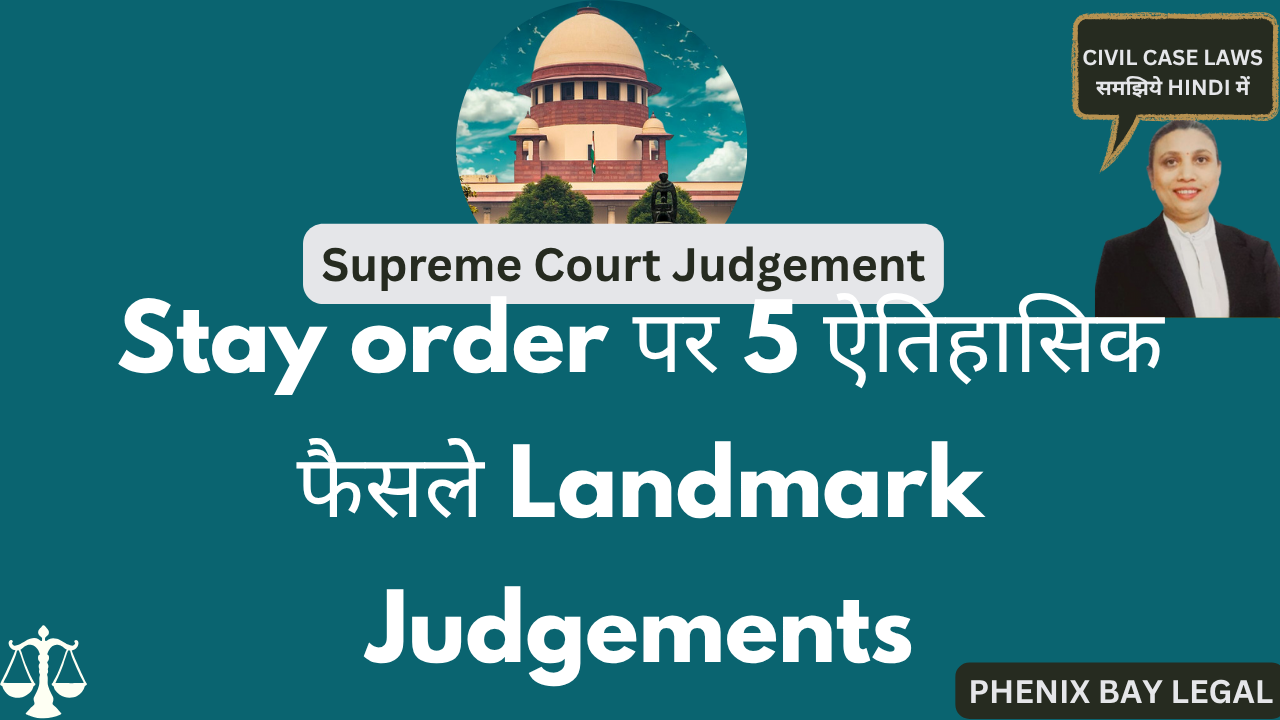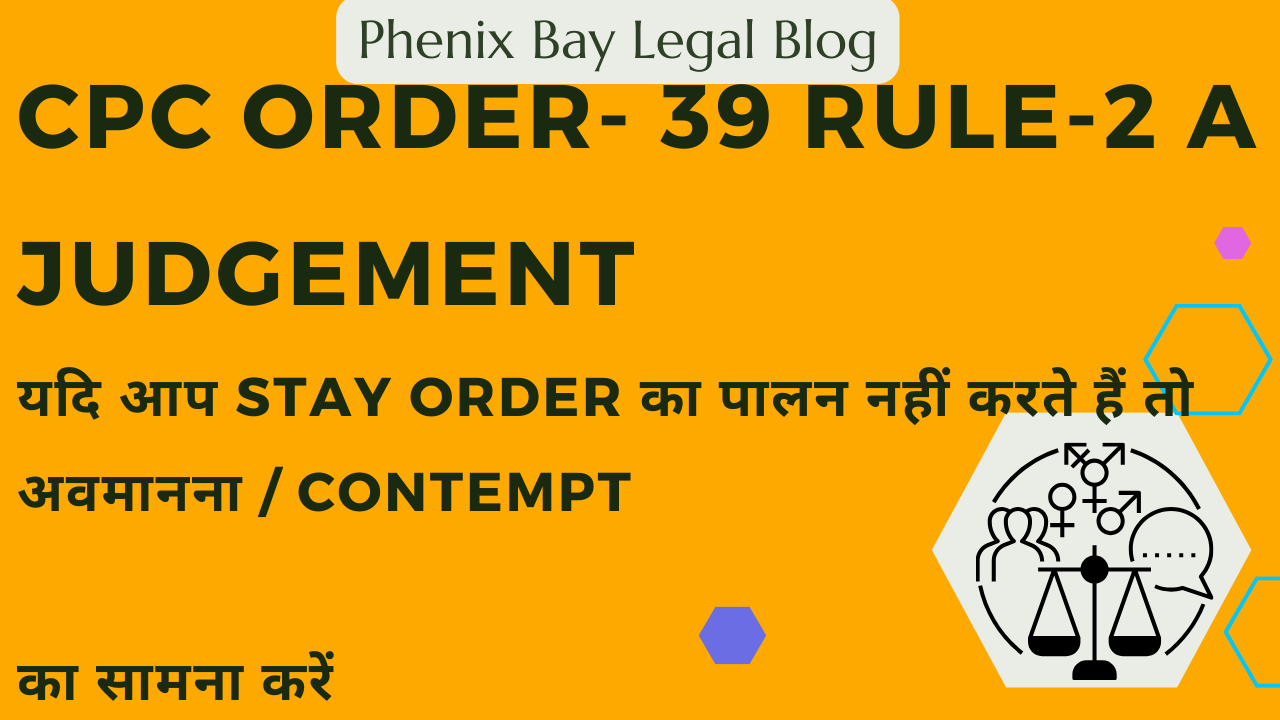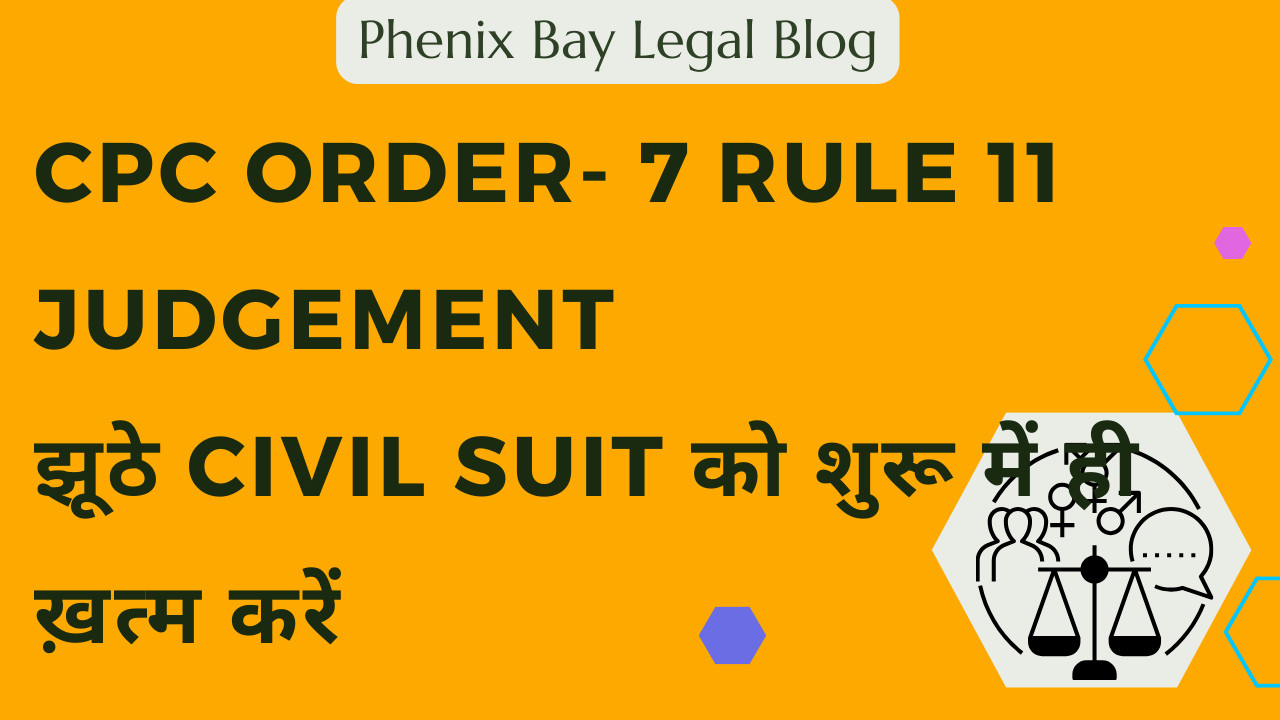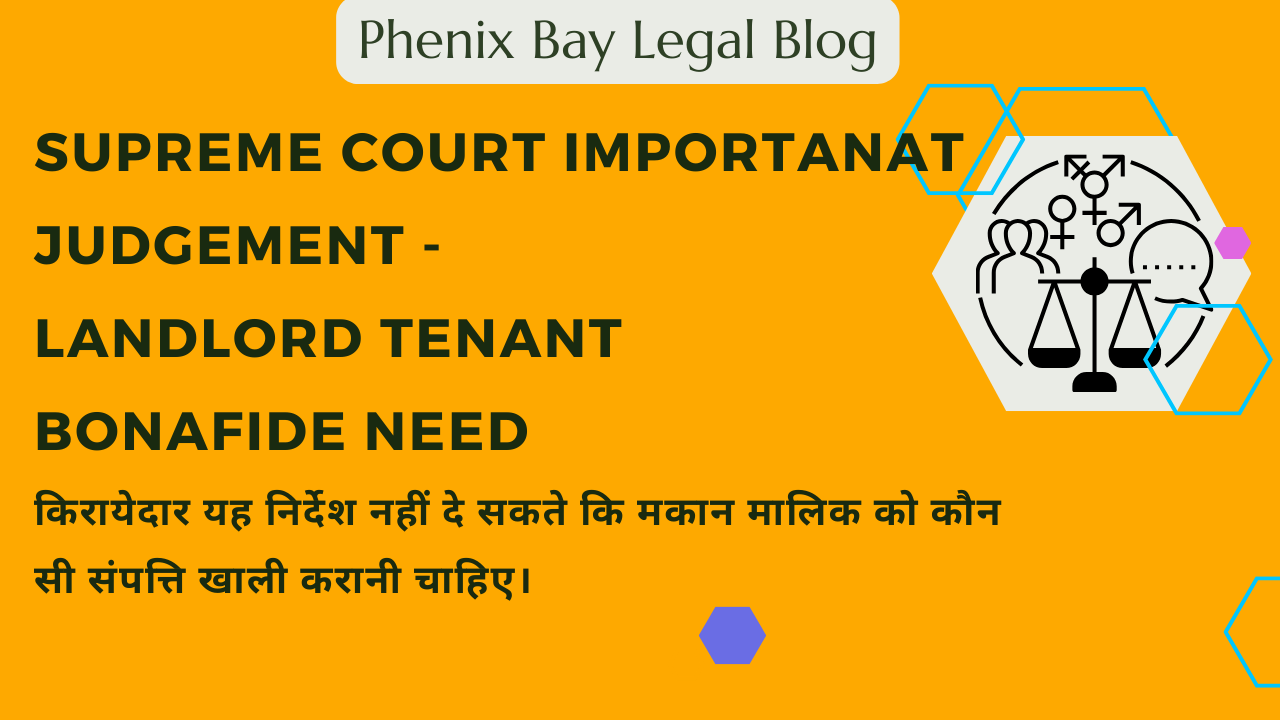
Uniform Civil Code (UCC) in Uttarakhand: A Legal Analysis with Key Provisions and Implementation Details
A Legal Analysis with Key Provisions and Implementation Details
Uniform Civil Code (UCC) in Uttarakhand: A Legal Analysis with Key Provisions and Implementation Details
Introduction to the Uniform Civil Code (UCC)
The Uniform Civil Code (UCC) is a progressive legal reform that seeks to replace personal laws based on religion with a common set of civil laws governing marriage, divorce, inheritance, and succession for all citizens, irrespective of their religion.
The implementation of UCC in Uttarakhand in 2024 makes it the first state in independent India to adopt a uniform civil code for all residents, setting a legal precedent for other states. The UCC in Uttarakhand aims to ensure gender equality, social justice, and uniformity in personal laws while maintaining constitutional rights.
Implementation of UCC in Uttarakhand
- When Was UCC Implemented?
The Uttarakhand Assembly passed the UCC Bill in February 2024, and it was officially enforced on March 1, 2024. This marks a historic legal transition, bringing personal laws under a single legal framework applicable to all citizens, excluding Scheduled Tribes.
2. Objective of UCC in Uttarakhand
The UCC aims to:
- Ensure uniformity in personal laws across religions:
- By eliminating disparities among different religious communities, the UCC ensures a harmonized legal system for all citizens.
- Provide gender equality in inheritance and marriage laws:
- Women, regardless of their religion, now have equal rights in property inheritance and marital disputes.
- Abolish discriminatory practices like polygamy and triple talaq:
- UCC prohibits practices that undermine gender justice and equality in marital relationships.
- Simplify legal disputes related to family and succession laws:
- By establishing a single legal framework, the UCC reduces litigation complexity in matters related to marriage, divorce, and inheritance.
- Strengthen legal transparency and accessibility:
- Digital registration and clear procedural guidelines enhance the efficiency and accountability of legal processes.
Key Legal Provisions and Sections in Uttarakhand UCC
The UCC Uttarakhand 2024 introduces significant legal changes in marriage, divorce, live-in relationships, and inheritance. Below are the key sections and legal aspects covered under the law:
- Marriage and Registration (Section 4 - Section 8)
- Legal Age for Marriage: Minimum 21 years for men and 18 years for women.
- Compulsory Registration:
- All marriages must be registered within 60 days of solemnization (Section 8).
- Failure to register leads to penalties.
- Prohibition of Bigamy & Child Marriage:
- The UCC strictly prohibits bigamy and polygamy.
- Marriages within prohibited degrees of relationship are not allowed unless permitted by custom.
- Divorce and Grounds for Dissolution (Section 13 - Section 32)
- Grounds for divorce include adultery, cruelty, desertion, and irretrievable breakdown.
- Mutual consent divorce is simplified for quicker legal resolution.
- Mandatory Registration of Divorce Decrees:
- All divorces must be registered within 60 days of court approval.
- Late registration incurs fines.
- Alternative Remedies:
- Spouses can seek mediation before filing for divorce.
- Live-in Relationships (Section 380 - Section 387)
- Registration of Live-in Relationships:
- Partners must register their live-in relationship with the registrar.
- Rights of Women & Children:
- Ensures protection for women in live-in relationships.
- Grants legal recognition to children born in live-in relationships.
- Termination Process:
- Either partner can file for separation by submitting a formal declaration.
- Inheritance and Succession (Section 48 - Section 52)
- Equal Property Rights:
- Sons and daughters have equal rights in ancestral and self-acquired property.
- Abolition of Discriminatory Practices:
- No discrimination based on gender or religion.
- Testamentary Succession:
- Wills and codicils are legally recognized and regulated.
- Exemptions and Customary Practices (Section 2 & Section 7)
- Scheduled Tribes are Exempted:
- Customary laws of Scheduled Tribes remain unaffected.
- Recognition of Customary Marriages:
- Customary marriages and ceremonies are valid if not violating public policy.
- Enforcement Mechanism & Penalties (Section 12 - Section 18)
- Registrar General, Registrars, and Sub-Registrars oversee the enforcement.
- Failure to register marriages, divorces, or live-in relationships leads to penalties.
- Digital Records:
- All records are electronically maintained for transparency and easy access.
Constitutional & Legal Justification for UCC in Uttarakhand
1. Constitutional Mandate (Article 44 of the Indian Constitution)
- Article 44 of the Directive Principles of State Policy (DPSP) lays down that the State shall endeavor to secure a Uniform Civil Code for all citizens throughout the territory of India.
- While DPSPs are not enforceable by law, they serve as guiding principles for legislative and judicial actions. The UCC in Uttarakhand aligns with constitutional morality and promotes secularism, equality, and justice, as envisaged in the Preamble.
- The Supreme Court has repeatedly emphasized the importance of UCC in ensuring legal uniformity and gender justice in family laws.
2. Supreme Court Judgments Supporting UCC
(i) Shah Bano Case (1985)
- This landmark judgment in Ahmed Khan v. Shah Bano Begum (AIR 1985 SC 945) was a turning point in advocating for UCC. The Supreme Court held that:
- A Muslim woman was entitled to maintenance under Section 125 of the Criminal Procedure Code (CrPC), irrespective of personal laws.
- The judgment emphasized that secular laws should prevail over religious personal laws in matters of justice.
- It urged the government to implement a Uniform Civil Code to prevent disparities in laws governing different communities.
(ii) Sarla Mudgal Case (1995)
- In Sarla Mudgal v. Union of India (1995 AIR 1531), the Supreme Court dealt with the issue of bigamy and religious conversions to Islam for polygamous marriages.
- The ruling held that:
- A Hindu husband could not escape liability under Hindu Marriage Act, 1955 by converting to Islam and marrying again without dissolving the first marriage.
- Such acts would amount to fraud on the law.
- The judgment reaffirmed the need for a Uniform Civil Code to prevent legal loopholes allowing misuse of personal laws.
(iii) Jose Paulo Coutinho Case (2019)
- In Jose Paulo Coutinho v. Maria Luiza Valentina Pereira (2019 SCC 41391), the Supreme Court reiterated that Goa already follows a UCC applicable to all residents, irrespective of religion.
- The Court observed that:
- If Goa can implement UCC successfully, then the rest of India should also move toward a similar framework.
- It emphasized that the lack of UCC elsewhere leads to legal inconsistency and gender inequality.
These judgments collectively reinforce that a Uniform Civil Code is essential to uphold constitutional values of secularism, equality, and justice.
Challenges and Controversies Surrounding UCC in Uttarakhand
- Religious and Cultural Sensitivities
- Critics argue that UCC interferes with personal laws and religious customs.
- Some communities fear the loss of traditional legal rights.
- Implementation Issues
- Integrating diverse customary laws into a single framework poses challenges.
- Ensuring legal awareness and compliance across rural and urban areas.
- Political Debate
- Some view the UCC as politically motivated, while others see it as a progressive reform.
Conclusion: The Future of UCC in India
The implementation of UCC in Uttarakhand is a landmark step in Indian legal history. It sets the foundation for potential nationwide adoption of a Uniform Civil Code, ensuring legal uniformity, gender justice, and equality. While challenges exist, the Uttarakhand model serves as a blueprint for future legal reforms in other states.
Key Takeaways for Lawyers and Legal Experts:
- Understanding UCC Uttarakhand is crucial for legal professionals dealing with family law, inheritance, and personal law disputes.
- Legal practitioners must be aware of UCC's procedural aspects, including mandatory registration of marriages, divorces, and live-in relationships.
- Future cases and judicial interpretations will shape the evolution of UCC across India.
SEO Keywords for Search Optimization:
- Uniform Civil Code Uttarakhand 2024
- UCC India legal analysis
- Marriage and divorce under UCC
- Inheritance law UCC Uttarakhand
- Specific provisions of UCC India
- Live-in relationship legal rights India
- Bigamy and polygamy UCC law
More >>

Jyoti Sharma vs. Vishnu Goyal & Anr. 2025 INSC 1099
This was a long running legal battle between a landlord and her tenants over a shop. The landlord, Jyoti Sharma, wanted her shop back for two main reasons: The tenants had stopped paying rent. She needed the shop to expand her family's business (her bonafide need).

Landmark Judgement on Injunction
In civil, commercial, or even family disputes. But when is a simple injunction suit enough? When do you need to add a declaration of title? And how do courts balance urgency vs evidence in interim relief?

Case Analysis: Stay Order Violation and Contempt of Court by Supreme Court of India
Giving an undertaking to the court is equivalent to an order of injunction—any violation invites contempt proceedings.Injunction orders remain valid until formally vacated by a court—violation before vacation can lead to punishment.

Order 7 Rule 11 of CPC Explanation in Land Mark Judgement
The Sopan Sukhdeo Sable judgment is a landmark ruling that reinforces Order 7 Rule 11 of CPC as a safeguard against frivolous and legally untenable claims. It highlights the importance of examining only the plaint’s contents to decide whether a suit should be dismissed at the threshold.

CPC Order- Order 14 to 20 Explanation IMPORTANT CASE LAWS +MCQ’S for Judiciary Exam Preparation
CPC Order- Order 14 to 20 Explanation IMPORTANT CASE LAWS +MCQ’S for Judiciary Exam Preparation

Supreme Court ImportanatJudgement - Landlord Tenant Bonafide need
This case involves a dispute over eviction of a tenant based on the bona fide need of the landlord. The Supreme Court ruled in favor of the landlord, reversing the High Court's decision. Below is a detailed breakdown of the judgment with relevant legal principles, precedents, and reasoning.